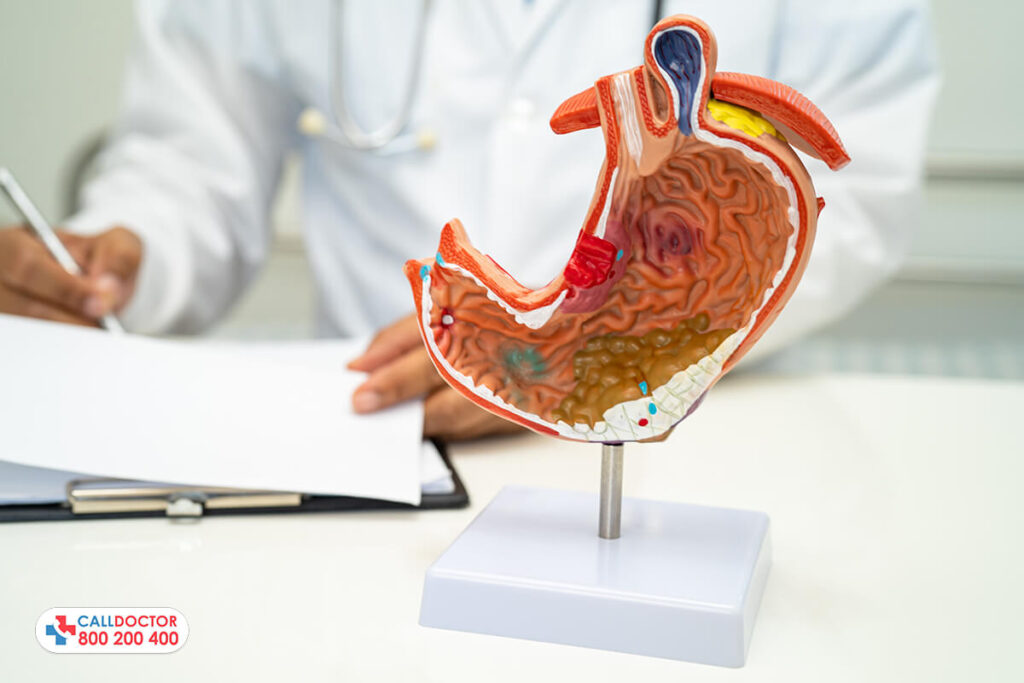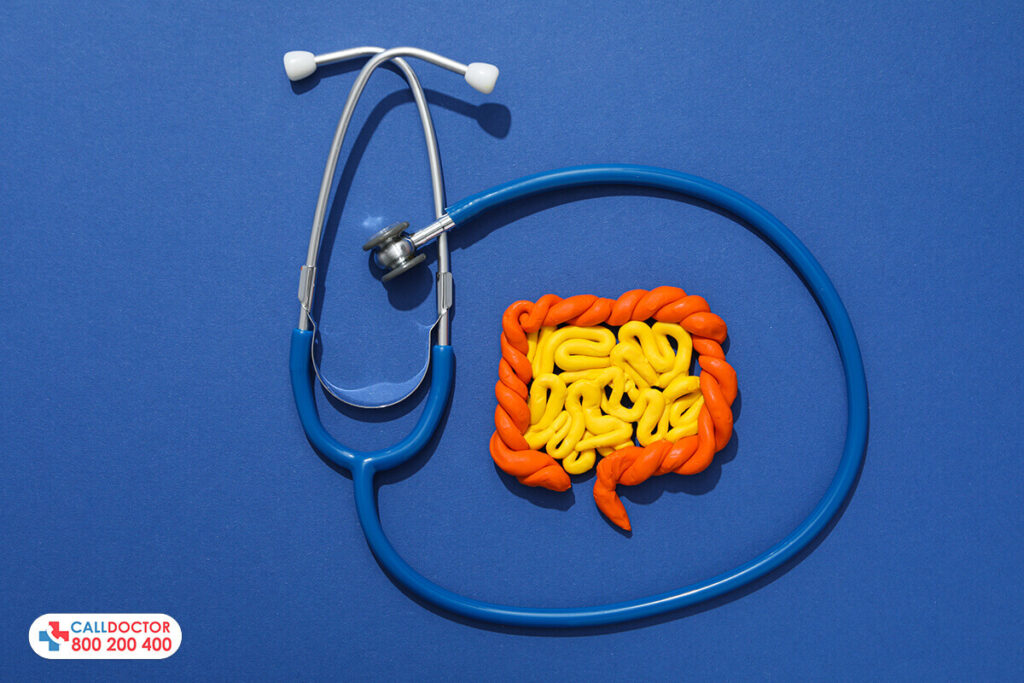Enhancing Gut Health Through Nutrition
Healthy food and proper nutrition are fundamental to good health and overall well-being. What we eat directly impacts our body and, particularly, our gut health. When we indulge in unhealthy food choices, our gut endures the most of it, leading to digestive issues and overall discomfort.
Therefore, focusing our dietary efforts on nurturing and strengthening our gut is crucial. This blog will delve into gut health and explore the essential nutrients that can significantly contribute to its well-being.
Understanding the Importance of Gut Health
Before delving into the specifics of essential nutrients, it’s vital to grasp the significance of gut health. Our gut, often called our “second brain,” is pivotal in digestion, nutrient absorption, and immune function. A healthy gut ensures smooth digestion and impacts our mood, energy levels, and even the health of our skin.
Essential Nutrients for A Resilient Gut
Fiber: Nature’s Broom for Gut Cleansing
Fiber is a cornerstone of gut health, acting as nature’s broom to sweep away waste and toxins from our digestive system. It is abundant in fruits, vegetables, whole grains, nuts, and seeds; fiber promotes regular bowel movements and nourishes beneficial gut bacteria.
Probiotics: Cultivating a Thriving Gut Ecosystem
Probiotics are live microorganisms that confer numerous health benefits when consumed adequately. These “good” bacteria populate our gut, crowding out harmful pathogens and promoting a healthy gut flora balance. Foods like yogurt, kefir, sauerkraut, and kimchi are rich sources of probiotics.
Prebiotics: Fueling the Growth of Beneficial Bacteria
Prebiotics serve as food for probiotics, nourishing these beneficial bacteria and helping them thrive in our gut. Foods such as garlic, onions, leeks, asparagus, and bananas are excellent sources of prebiotics, supporting the growth of a diverse and robust gut microbiome.
Omega-3 Fatty Acids: Soothing Inflammation and Supporting Gut Health
Omega-3 fatty acids possess potent anti-inflammatory properties, which can help alleviate inflammation in the gut. Incorporating foods rich in omega-3s, such as fatty fish like salmon, walnuts, flaxseeds, and chia seeds, can contribute to a healthier gut environment.

Nutrient-Rich Foods for Gut Health
Now that we understand the critical role of these essential nutrients in gut health, it’s time to incorporate them into our diet consciously. By prioritizing nutrient-rich foods like fruits, vegetables, whole grains, lean proteins, and healthy fats, we can provide our gut with the nourishment it needs to thrive.
Hydration: The Unsung Hero of Gut Health
In addition to nourishing our bodies with essential nutrients, staying adequately hydrated is crucial for maintaining optimal gut function. Water plays a vital role in digestion, helping to break down food and facilitate nutrient absorption. Aim to drink plenty of water throughout the day to support your gut health.
Avoiding Gut Irritants: A Recipe for Digestive Harmony
While focusing on nourishing our gut with wholesome foods, it’s equally essential to avoid gut irritants that disrupt digestive harmony. Processed foods, artificial sweeteners, caffeine, and excessive alcohol consumption can all irritate the gut lining and lead to digestive distress.
Stress Management: A Gut-Friendly Practice
Chronic stress can wreak havoc on our gut health, disrupting the delicate balance of gut microbiota and exacerbating digestive issues. Incorporating stress-reducing practices such as meditation, deep breathing exercises, yoga, or mindfulness can promote a healthier gut environment.
Regular Physical Activity: Movement for Digestive Wellness
Engaging in regular physical activity not only benefits our physical and mental well-being but also supports digestive wellness. Exercise helps stimulate digestion, promote regular bowel movements, and reduce inflammation in the gut, contributing to overall gut health.
Prioritizing Sleep: Rest and Repair for Gut Health
Quality sleep is essential for gut health, allowing our bodies to rest, repair, and regenerate. Aim for 7-9 hours of uninterrupted sleep each night, establishing a consistent sleep schedule to support optimal gut function.

Supplements: A Boost for Gut Health
While obtaining nutrients from whole foods is ideal, certain circumstances may warrant using supplements to support gut health. Probiotic supplements, fiber supplements, and omega-3 fatty acid supplements can benefit a gut-nourishing regimen. However, it’s essential to consult with a healthcare professional before incorporating any new supplements into your routine.
Nurturing Your Gut for Optimal Health
Ready to enhance your gut health and know the path to a happier, healthier life? Call Doctor can guide you on this journey towards optimal well-being. From personalized nutrition plans to expert advice on managing stress and improving sleep quality, our team is here to support you every step of the way. Take the first step towards nurturing your gut – call now!
What are the signs of poor gut health?
Signs of poor gut health may include bloating, gas, constipation, diarrhea, food intolerance, and frequent infections.
Can I get enough nutrients for gut health from supplements alone?
Some supplements can be beneficial. So, obtaining nutrients from whole foods whenever possible is essential, as they provide a wide range of beneficial compounds.
How long does it take to improve gut health?
Improving gut health is a gradual process and can vary depending on individual factors such as diet, lifestyle, and underlying health conditions. Consistency with healthy habits is key.
Are there any foods that I should avoid for gut health?
Certain foods, such as processed foods, refined sugars, artificial sweeteners, and high-fat foods, may contribute to gut inflammation and should be limited or avoided.
Is gut health linked to mental health?
Yes, there is a strong connection between gut health and mental health, often called the gut-brain axis. A healthy gut microbiome can positively impact mood and cognitive function.




